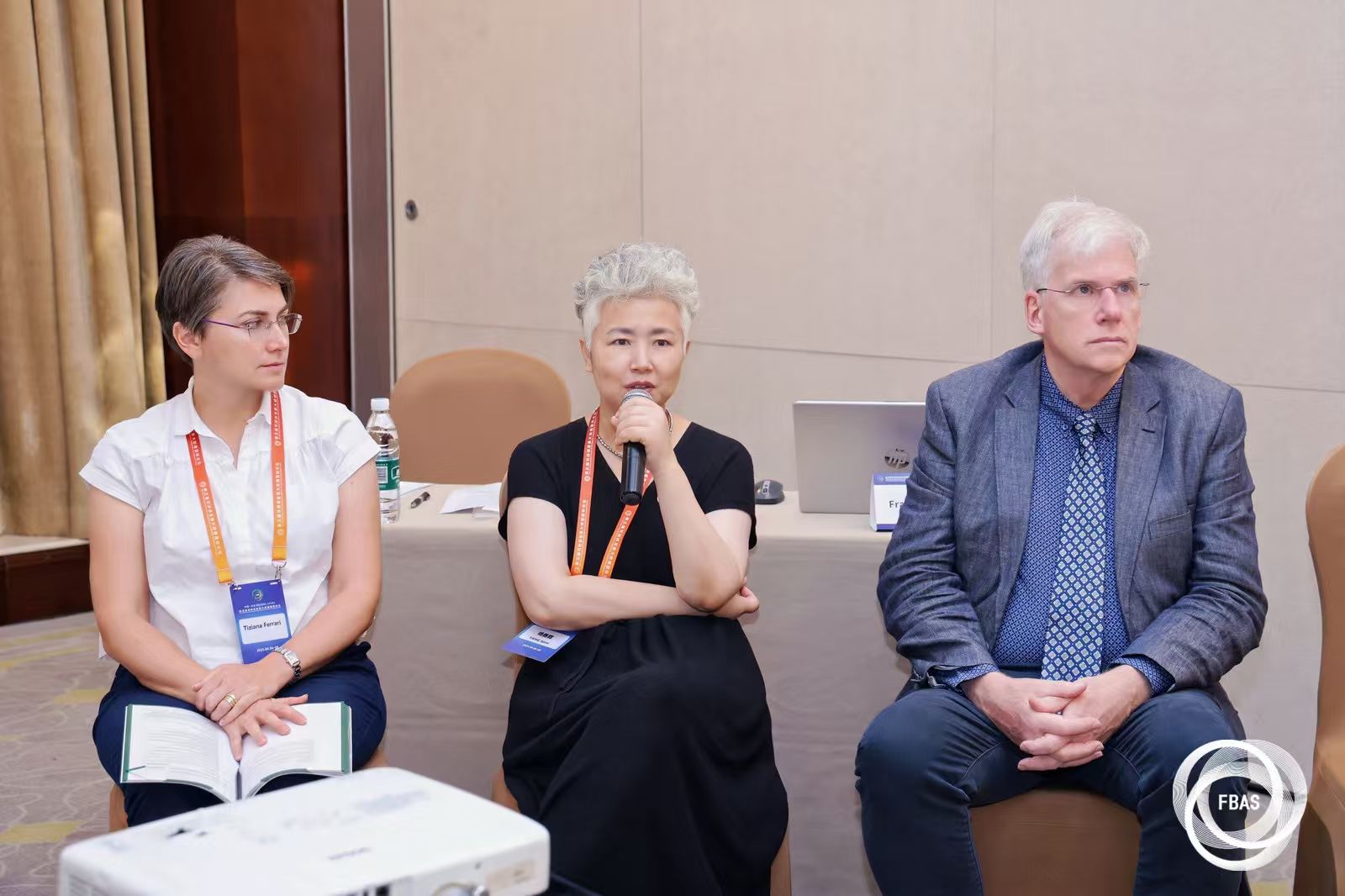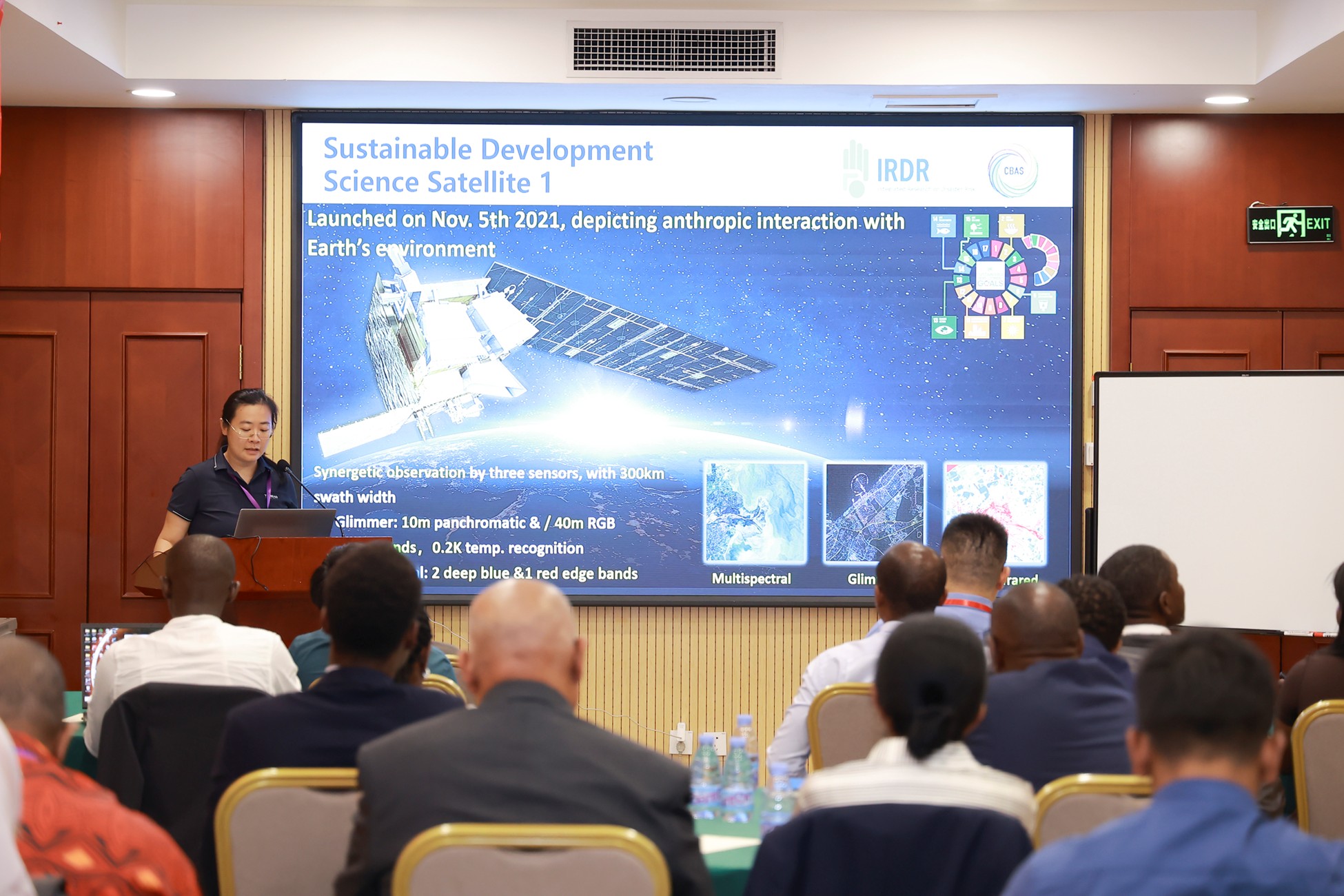In April, IRDR Executive Director Prof. Saini Yang visited several DRR research teams in UK to explore the cooperation opportunities, including the IRDR ICoE RIA hosted by Institute for Risk and Disaster Reduction, University College London (UCL), DARe team from Newcastle University and Edinburgh Climate Change Institute (ECCI) of University of Edinburgh.
IRDR ICoE RIA was established in 2014 and targeted to be a UK focal point and bring focus across the IRDR family on risk interpretation and action by combineing expertise on hazard and impact modelling, risk communication and early warning, politics and social analysis and humanitarianism. Originally a partnership between King’s College London (KCL), University College London (UCL) and London School of Hygiene and Tropical Medicine (LSHTM), ICoE-RIA is now led from UCL. During the visit, IRDR ICoE RIA founding Chair Prof. Mark Pelling introduced the key research teams, partnerships, recent research projects and the future plan to contribute to the IRDR Action Plan 2025-2027. Prof. Pelling and Prof. Yang agreed to explore the initiatives on vunerability index matrix and DRR education.
DARe team is a national hub for decarbonised adaptable, and resilient transport infrastructures led by . During the visit, the two parties introduced their research work and priorities. The conversation opened up exciting possibilities for future collaboration, including contributions to IRDR workstreams, participation in pilot studies, and potential engagement in the Centre of Excellence (ICoE) network, with the foci on systemic and multi-scale research on extreme events, hazard modelling, infrastructure resilience, and urban flood impacts.
IRDR Scientific Committee Member Prof. Maria Soledad Garcia Ferrari invited Prof. Yang to visit ECCI. The projects focused on community-led climate change-related risk management in Latin-America were introduced by Prof. Ferrari and her colleague Prof. Eliza Calder. These research activities align strongly with the global research priorities on "addressing the inequalities, injustices and marginalisation" and "support regional and national science and knowledge for policy and action". IRDR will promote the research outputs of these research via IRDR Working Papers and IRDR Special Reports.
The visits underscored the importance of international collaboration in advancing disaster risk reduction (DRR) and climate resilience research. By strengthening ties with leading UK institutions, IRDR aims to foster innovative partnerships that align with its Action Plan 2025-2027, particularly in areas such as vulnerability assessment, infrastructure resilience, and community-led risk management.
Moving forward, IRDR will work closely with ICoE RIA, DARe, and ECCI to develop joint research initiatives, enhance knowledge-sharing, and contribute to global DRR policy frameworks. These collaborations will not only expand IRDR’s network but also amplify its impact in addressing systemic risks and building resilient communities worldwide.





